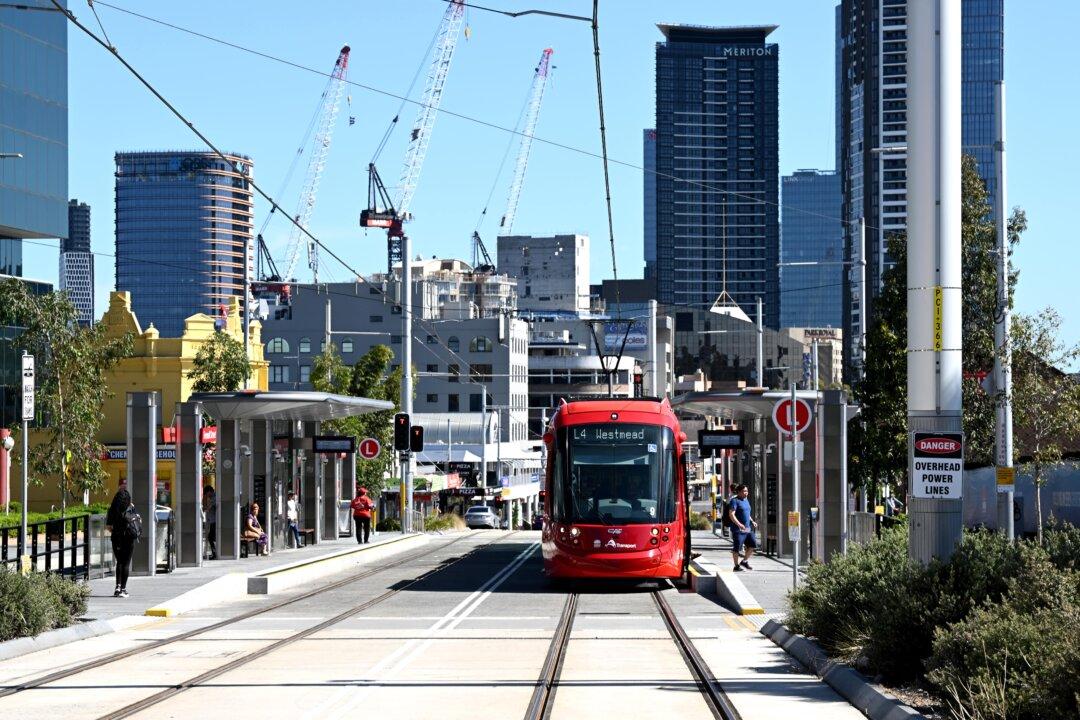The Minns Labor government has unveiled a bold plan to transform a 42-hectare site in Parramatta North, addressing the demands of one of Sydney’s fastest growing areas.
The proposal promises 2,500 new homes, a university campus capable of hosting up to 25,000 students, and a significant increase in recreational green spaces for community use.





